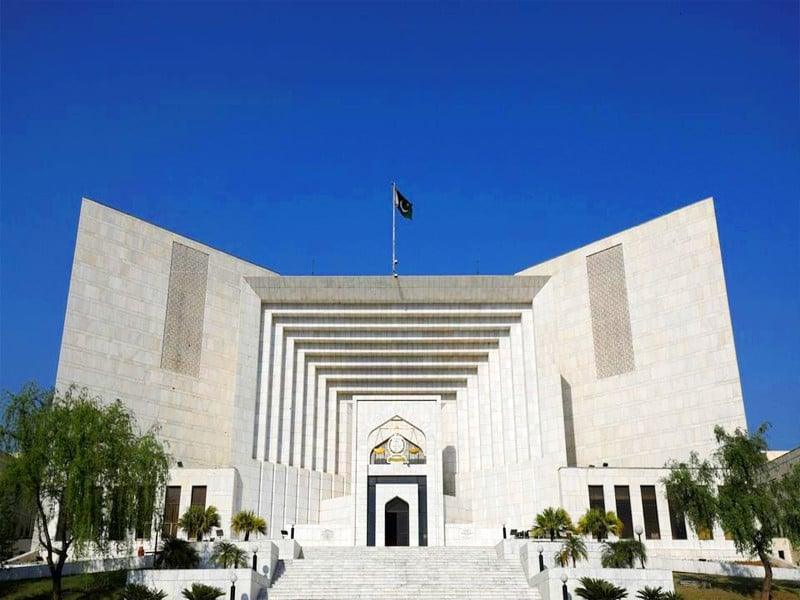The Supreme Court of Pakistan raised constitutional concerns on Tuesday about whether the federal government has the authority to assign funds collected from the Super Tax to the Provinces.
A Constitutional Bank of five members, headed by Judge Aminuddin Khan, heard the case challenging the legality of super taxes and its distribution.
During the hearing, Judge Jamal Khan Commandkhail questioned whether the federal government was allowed constitutionally to distribute super tax revenues, either by RS8 or RS8 billion, among the provinces.
The main lawyer Makhdoom Ali Khan began his arguments, stating that the Income Tax, including the super tax, is collected without any specific assignment and deposited in the National Treasury.
He argued that according to the 1973 Constitution, tax revenues are not intended for provincial distribution unless it is specified.
He explained that the super taxes, introduced in 2016, was initially imposed to finance the rehabilitation of displaced persons.
It extended in 2017 and became open in 2019, but no funds had yet been spent with the declared purpose.
Makhdoom also emphasized that there is a clear difference between the Income Tax and the Super Tax, and that the tax laws under section 113 of the Income Tax Ordinance also apply to the minimum income.
The additional attorney general Hafiz Ahsan clarified that the current procedures did not refer to the distribution of funds, and that judicial orders had not been issued on the matter.
Judge Aminuddin Khan asked Makhdoom how much more he would need to conclude his arguments, to which the lawyer replied that he would try to conclude for the day after tomorrow.
The Court postponed the hearing until Wednesday, with Makhdoom to continue presenting its case.




